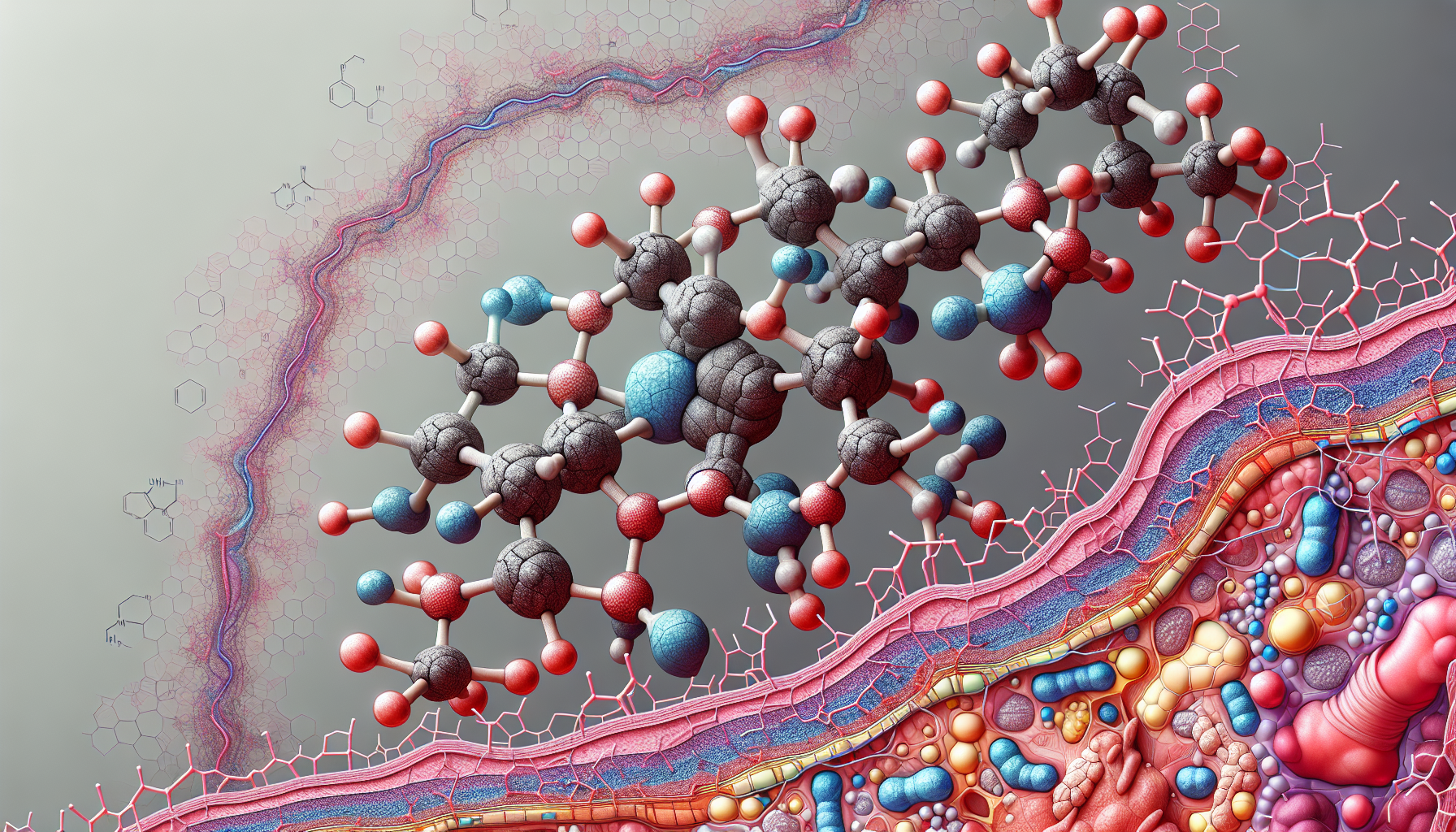Vitamin K2, a lesser-known nutrient compared to its counterpart vitamin K1, plays a crucial role in maintaining bone health. Its importance emerges from its ability to regulate calcium deposition, ensuring that this mineral ends up in bones where it is needed, rather than in soft tissues where it could cause harm. As we delve into the intricacies of bone metabolism, it becomes evident that vitamin K2 is not just a supporting player but a key component in the symphony of nutrients that maintain bone density and strength.
Vitamin K2: Understanding Its Function
Vitamin K is a group of fat-soluble vitamins that are essential for the synthesis of proteins that mediate blood clotting and the building of bones. Vitamin K2, or menaquinone, is one of the two primary forms of vitamin K. It is produced by the bacterial flora in the gut and is also found in fermented foods and animal products. The role of Vitamin K2 in bone health is multifaceted. It aids in the carboxylation of osteocalcin, a protein that binds calcium and integrates it into bone matrix, thus contributing to bone formation and repair.
The Synergy Between Vitamin K2 and Calcium
Calcium’s role in bone health is widely recognized; however, without the presence of Vitamin K2, calcium cannot be effectively incorporated into bone tissue. This synergy is vital for maintaining proper bone density, a topic thoroughly explored in "Bone Health" on the Avix Health website. Vitamin K2 activates osteocalcin, which enables calcium to bind to the bone matrix, while also preventing calcium from depositing in arteries and soft tissues, a process that could lead to cardiovascular complications.
Vitamin K2 and Osteoporosis Prevention
Osteoporosis is a condition characterized by weak and brittle bones, making individuals more susceptible to fractures. Studies suggest that Vitamin K2 supplementation may reduce the risk of fractures and improve bone health, especially in postmenopausal women who are at a higher risk for osteoporosis. This is further detailed in the article on "Bone Health in Menopausal Women: Risks and Solutions."
Beyond Bones: Vitamin K2’s Role in Cardiovascular Health
Interestingly, the benefits of Vitamin K2 extend beyond the skeletal system. By preventing the calcification of blood vessels and promoting elasticity, Vitamin K2 contributes to cardiovascular health. This relationship is crucial given the interconnectedness of all body systems. For a deeper understanding of cardiovascular wellbeing, readers can visit the extensive guide on "Cardiovascular Health".
Dietary Sources and Supplementation
Vitamin K2 is found in fermented foods such as natto, a traditional Japanese dish made from soybeans, as well as in certain cheeses and animal products. Despite its presence in these foods, many individuals may not obtain sufficient amounts from diet alone, particularly if they have dietary restrictions or preferences that limit their intake of these sources. In such cases, supplementation can be a viable option to ensure adequate Vitamin K2 levels, as discussed in "Medication & Supplements."
The Interplay of Nutrients for Optimal Bone Health
Vitamin K2 does not work in isolation. Its effectiveness is enhanced when combined with other nutrients such as Vitamin D and calcium. Vitamin D is crucial for the absorption of calcium from the gastrointestinal tract, and without it, even high intakes of calcium will not translate into stronger bones. This holistic approach to bone health is essential for both prevention and management of bone-related conditions.
Research and Perspectives on Vitamin K2
The body of research on Vitamin K2 and bone metabolism is continually growing. Several studies have focused on its impact on bone density, especially among different population groups. For instance, "Bone Density and Ethnicity: Patterns and Statistics" offers insights into how bone health can vary across different ethnicities, potentially influencing the need for Vitamin K2.
To further support the points made about Vitamin K2’s role in bone health, niche resources such as the International Osteoporosis Foundation provide extensive information on bone health and the importance of nutrients like Vitamin K2. Additionally, the National Institutes of Health offers a comprehensive overview of the vitamin’s functions and dietary sources.
The Emerging Picture of Vitamin K2
While much attention has been given to calcium and Vitamin D in the context of bone health, Vitamin K2 is emerging as a critical nutrient that deserves equal consideration. Its ability to modulate calcium metabolism and support the structural integrity of bones positions it as an essential nutrient for individuals of all ages.
Conclusion
The role of Vitamin K2 in bone metabolism is complex and indispensable. Adequate intake of this nutrient, whether through diet or supplementation, is necessary for the maintenance of strong, healthy bones and overall wellbeing. As research continues to uncover the multifaceted benefits of Vitamin K2, it becomes increasingly clear that a comprehensive approach to nutrition is key to supporting our skeletal system. By ensuring a balanced intake of all essential nutrients, we can build a foundation for lifelong bone health and vitality.



